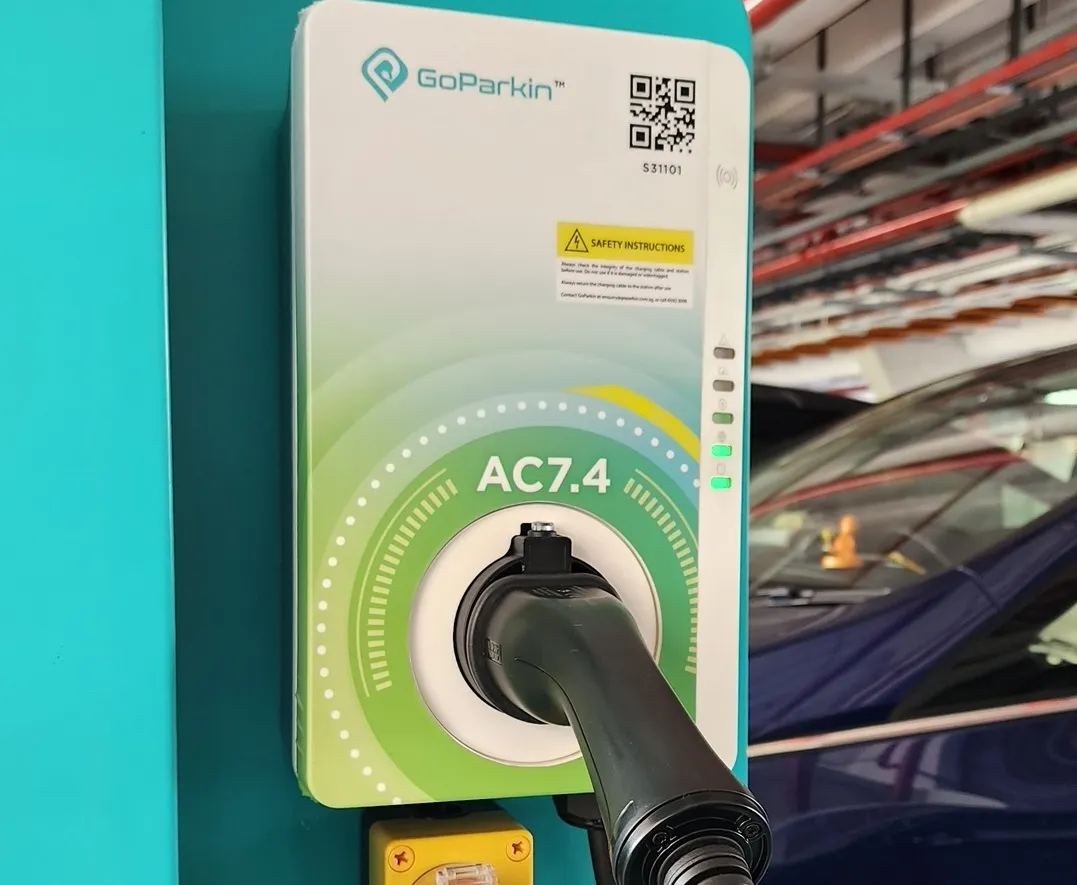The electric vehicle (EV) market is booming, according to Frost & Sullivan researchers. Approximately 25 new electric vehicle models are likely to be launched later this year with Chevrolet Bolt and Tesla Model 3 being the most anticipated. The availability of incentives and subsidies in the market, significant investment by original equipment manufacturers, new entrants, and lower battery prices are factors propelling double-digit growth. However, the lack of standardisation in charging technology, absence
April 7, 2017
Read time: 2 mins
The electric vehicle (EV) market is booming, according to 2097 Frost & Sullivan researchers. Approximately 25 new electric vehicle models are likely to be launched later this year with 1960 Chevrolet Bolt and 8534 Tesla Model 3 being the most anticipated. The availability of incentives and subsidies in the market, significant investment by original equipment manufacturers, new entrants, and lower battery prices are factors propelling double-digit growth. However, the lack of standardisation in charging technology, absence of a fixed business model, and short-distance range of EVs still need to be addressed.
"Incentives for battery EVs (BEVs) are greater than plug-in hybrid EVs (PHEVs) as governments support emission-free mobility," said Frost & Sullivan Mobility Industry Manager Prajyot Sathe. "Germany, Ireland, Norway, Sweden, and the United Kingdom will have the highest impact on EV prices due to availability of cash incentives, while the Netherlands EV market declined drastically due to a decrease in incentives."
Frost & Sullivan’s Global Electric Vehicle Market Outlook, 2017 finds that the EV market grew over 15 times at a remarkable compound annual growth rate (CAGR) of 72.1 percent from 2011 to 2016. This year the global EV market is likely to grow by 25.6 percent with 950,000 units sold. 48V mild hybrids and PHEVs are likely to be key technologies adopted in the European Union (EU), while the Chinese government pushes vehicle electrification. Full hybrid standardisation is likely across models in Japan by 2025.
Over 774,025 EVs were sold globally in 2016, of which 63.4 percent were BEVs and 36.6 percent were PHEVs.
"Tesla, the market leader, is set for strong competition. Premium German brands are planning to launch luxury EVs in order to compete directly with Tesla in terms of range, recharging time, and inductive charging," noted Sathe. "A number of start-ups such as Lucid Motors, NextEV, and Faraday Future, aim to compete with Tesla by launching their plans to introduce EVs in the market."
"Incentives for battery EVs (BEVs) are greater than plug-in hybrid EVs (PHEVs) as governments support emission-free mobility," said Frost & Sullivan Mobility Industry Manager Prajyot Sathe. "Germany, Ireland, Norway, Sweden, and the United Kingdom will have the highest impact on EV prices due to availability of cash incentives, while the Netherlands EV market declined drastically due to a decrease in incentives."
Frost & Sullivan’s Global Electric Vehicle Market Outlook, 2017 finds that the EV market grew over 15 times at a remarkable compound annual growth rate (CAGR) of 72.1 percent from 2011 to 2016. This year the global EV market is likely to grow by 25.6 percent with 950,000 units sold. 48V mild hybrids and PHEVs are likely to be key technologies adopted in the European Union (EU), while the Chinese government pushes vehicle electrification. Full hybrid standardisation is likely across models in Japan by 2025.
Over 774,025 EVs were sold globally in 2016, of which 63.4 percent were BEVs and 36.6 percent were PHEVs.
"Tesla, the market leader, is set for strong competition. Premium German brands are planning to launch luxury EVs in order to compete directly with Tesla in terms of range, recharging time, and inductive charging," noted Sathe. "A number of start-ups such as Lucid Motors, NextEV, and Faraday Future, aim to compete with Tesla by launching their plans to introduce EVs in the market."







